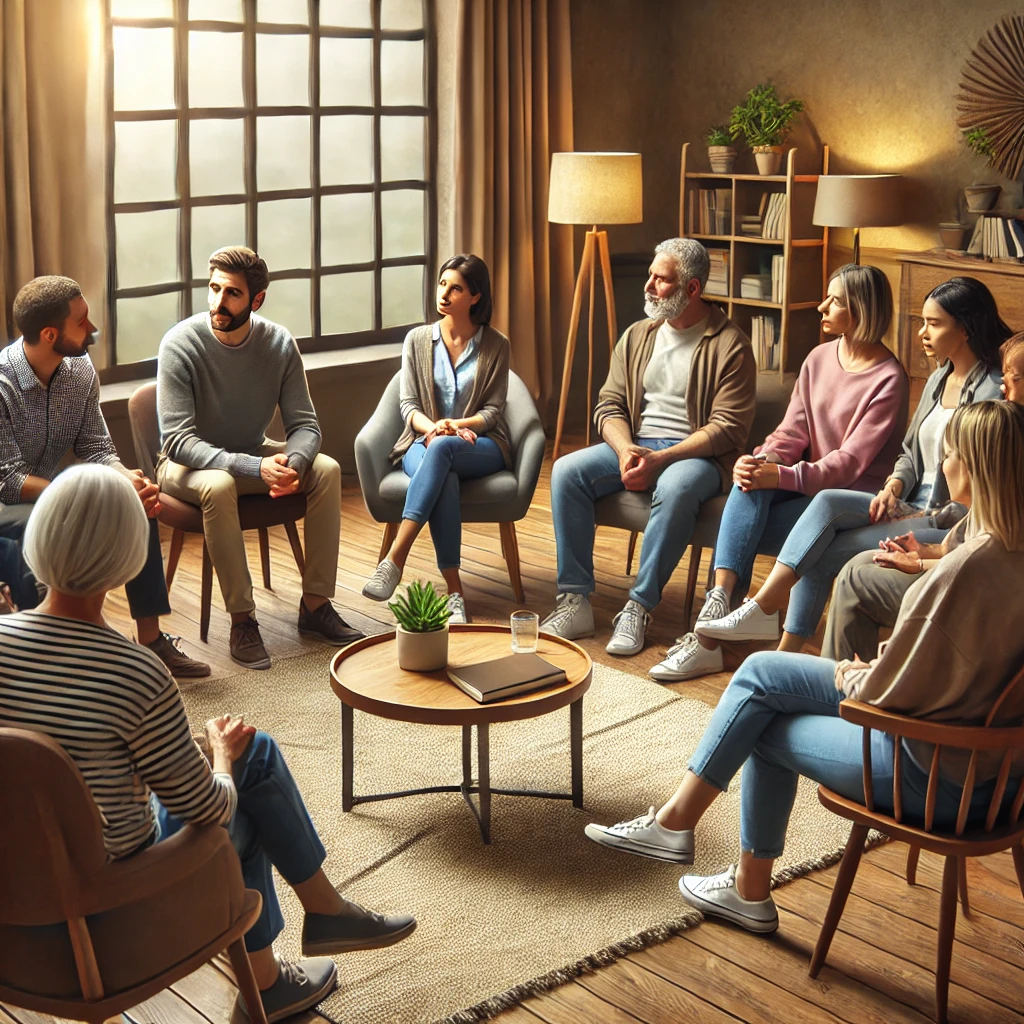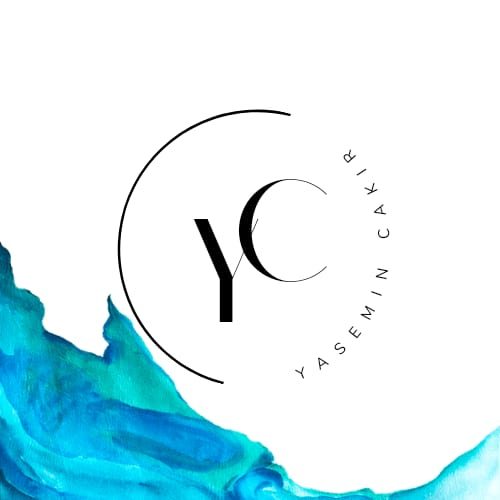As part of my healing journey with EUPD/BPD, I have been trying to find my community and whilst doing so, I have had the pleasure of meeting Alice, 31 from Texas who has agreed to share their own path with us to help try and raise awareness in BPD and shatter the stigma. Diagnosed at such a young age, a bonus mum of one and a loving dog owner up, Alice opens up…

- Hello Alice, thank you for meeting with me today. Can you please explain what your diagnosis journey looked like?
I was actually initially diagnosed with bipolar and labelled a ‘troubled kid’ in juvenile detention at just 13 and it took (the therapists) a while to stop focusing on the bipolar diagnosis. Things only changed when I put my foot down about my previous traumas and requested help for them. I was then put on different medications and focused on therapies that specialised in trauma and survivor mode. That’s when the diagnosis changed.
- So you were misdiagnosed in having bipolar disorder?
Roughly 40-60% of those with BPD will be misdiagnosed at least once in their life, due to BPD having overlapping symptoms with other conditions such as CPTSD, ASD and bipolar disorder. High comorbidity (which I will touch on in a later post) for those with BPD also contributed to the misdiagnosis. This can severely impact the treatment and healing journey.
Yes, I don’t have bipolar but the medication I use (an antipsychotic) is mainly used for bipolar. I was stable on a mood stabiliser for about three years but I have recently had to get off that as the fees are too high for the medication, and I want to start donating plasma and that’s a restrictive medication.
- What did the diagnosis feel like to you?
At the time, like a burden because (the doctors) didn’t have specialists that could deal with (BPD) so I felt alone, nobody understood it back then and social media didn’t really exist, nor did conversations around mental health, but now I’ve been living with this for so long, I feel like it’s a superpower cause I can help others not feel so alone in their diagnosis.
- Do you have any other mental health diagnosis?
It’s estimated around 85% of individuals with BPD will experience one or more additional mental health conditions.
Yes, I have CPTSD, insomnia and an eating disorder, although I’ve mainly got that under control now.
- I’m glad to hear you’re doing well. What have been your treatment methods for BPD?
I used cannabis to treat my condition for many many years, but it isn’t legal in my state and my partner is going through a custody battle, which means that child protective services are involved and of course, that meant I had to quit so I now take a mixture of three different medications daily and I have also done DBT. (Dialect Behaviour Therapy) I’m also reading a good book on BPD called ‘I hate you, don’t leave me’ for anyone who’d like to check it out.

- What would you say your biggest struggle with BPD is?
he intense paranoia. It can cause delusions when things really intensify. Last year I was so sure that my partner was cheating on me when they weren’t and I caused myself all kinds of harm. The second hardest part is the suicidal ideations.
- Do you experience ‘splitting’ and if so, what is this experience like for you?
Only rarely, when I don’t have my medication. When I do split, my brain refuses to believe that anyone actually cares for me besides my sister, and she’s the one I call because she can talk me down and validates how I’m feeling without judgement. And that’s what everyone with BPD needs.
- What has been the biggest help with your BPD?
Finding a support system and the right combination of medication honestly. It’s different for everyone so I can’t really say what medications to try but mine really does help a lot. I would also suggest DBT and learning how to be self aware.
- What is one misconception about BPD that you’d like to break?
That everyone that has BPD is abusive is horrible to live with. Having been that person and learning how not to be, I know that it’s just that stigma that needs to be broken with understanding the underlying cause of the emotions that’s causing the person with BPD to be in moments of crisis/heightened emotions.
- What is one thing you appreciate about yourself – whether it comes from your BPD or not?
My compassion and understanding of what causes the emotional breakdown of those with trauma, whether they’ve been diagnosed with PTSD, CPTSD, BPD or nothing at all.
- Empathy is huge in BPD. How do you define self-love while living with BPD?
Making time when you get frustrated or overwhelmed to reset yourself and change your own mind about the things that are going on around you.
- And finally, if you could give one message, what would it be?
Don’t fault yourself for the way you feel when you’re triggered or splitting, and you CAN control it, you just have to learn how and practice it every day.
Alice’s story is a testament to the resilience and strength of those living with BPD. Their journey through misdiagnosis, stigma, and self-discovery highlights the importance of finding the right support, treatment, and most importantly, self-compassion. BPD is often misunderstood, but conversations like these help break the stigma and remind us that those with BPD are not defined by their struggles—they are individuals with deep empathy, resilience, and the ability to heal. Let’s keep the conversation going, raise awareness, and continue building a community where everyone feels seen, heard, and understood.
